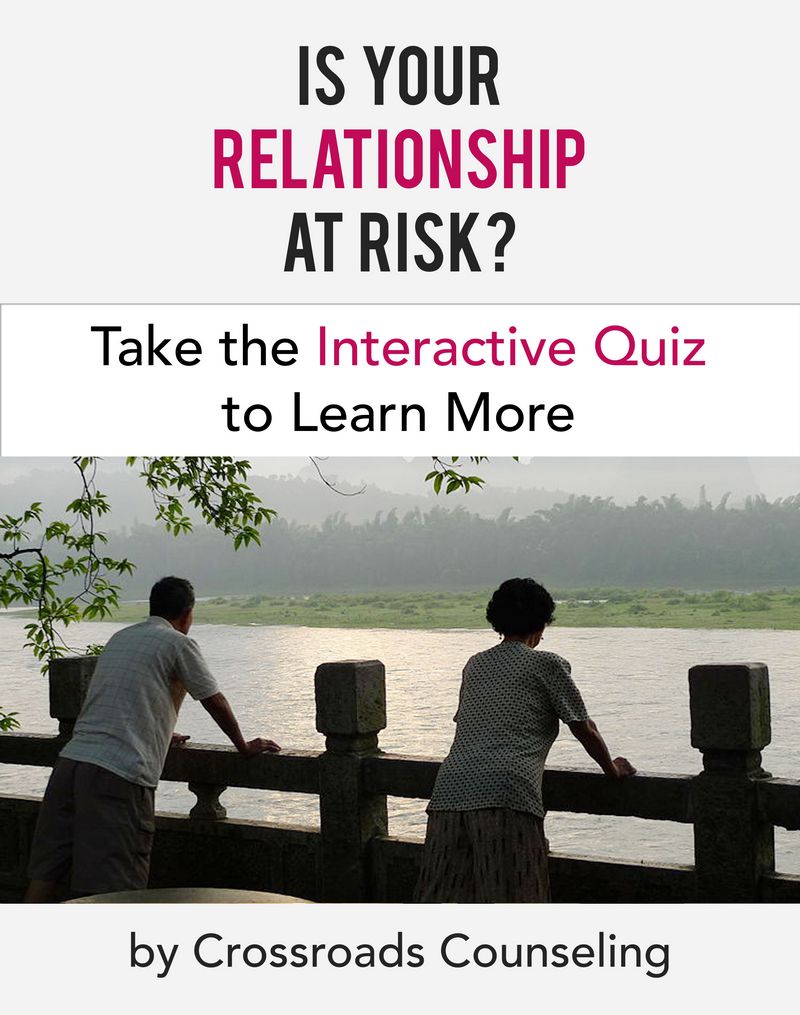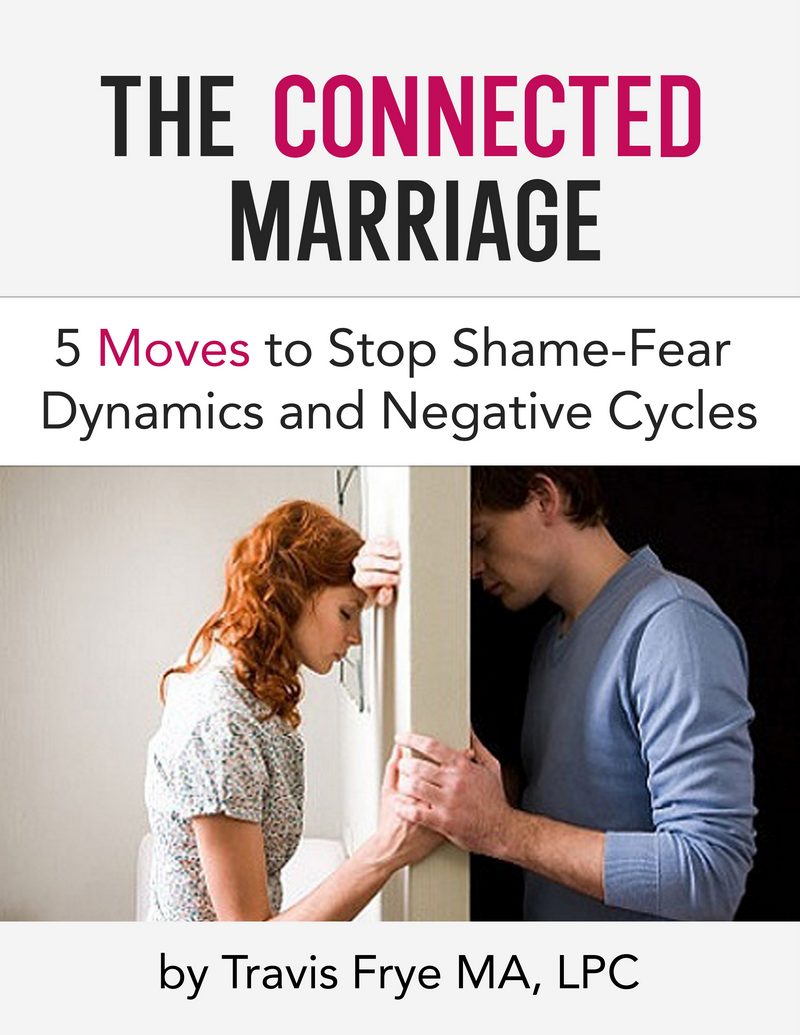If you struggle with intimacy, it’s important to know you’re not alone. It doesn’t mean you’re “broken” somehow, and it certainly doesn’t mean you’ll never be able to enjoy intimacy with a partner.
However, it’s important to get to the bottom of your intimacy issues — not only for the sake of your relationship but for your own wellbeing.
So, what should you do when you struggle to be intimate? Is it possible to move past those feelings and experience joy and intimacy all at once?
Understand Your Fears and Where They Come From
When someone is dealing with intimacy issues, they might try to avoid thinking about them or talking about them. It can be embarrassing, especially when you’re considering a discussion with your romantic partner.
But, getting to the bottom of your intimacy issues is the best place to start when you’re trying to overcome them. Maybe certain events in your life have caused you to “fear” intimacy without really realizing it. That could stem from something as complicated as childhood abuse to something like a failed relationship or low self-esteem.
Coming to terms with your intimacy struggles isn’t easy, but it’s a necessary step in helping yourself — and your partner — understand how to move forward.
Be Self-Compassionate
Struggling with intimacy can take a toll on your mental wellbeing. You might start to doubt your worth or even be unkind to yourself. Don’t let those thoughts take over.
If someone you cared about admitted to you that they struggled to be intimate, you wouldn’t berate or judge them. You would be kind, compassionate, and caring. Give yourself the same grace.
Communicate with Your Partner
We touched on communication when it comes to acknowledging your struggles with intimacy. But, having conversations with your partner about it is essential. They might be wondering if your intimacy issues are because of them. They might worry there’s something wrong with the relationship.
It’s not easy to be vulnerable, especially when you’re worried something is “wrong” with you. But, being open and honest with the person you love will make a big difference. You might find it actually strengthens your relationship. In fact, being vulnerable is a great way to build intimacy. Many people think intimacy and physical interaction are the same thing, but that isn’t necessarily true. Building intimacy in your relationship will make your physical life better, so prioritize it first instead of putting pressure on yourself to perform physically.
If nothing else, your partner will understand where you’re coming from. They will be able to walk the journey with you, and support you as you get the help you need and deserve.
Talk to a Professional Counselor in Phoenix, Scottsdale, and Online in Arizona
Speaking of getting help, don’t hesitate to reach out to a therapist. Intimacy is not a “performance” issue, so it rarely has to do with physical or medical problems. Rather, it’s often a connection issue often having its roots in one’s attachment history and style, specifically insecure-avoidant attachment strategies and style.
Seeking out professional help can be a necessary step to determine what’s causing your intimacy issues, and where they originally stem from. It’s easy to repress negative memories and traumatic situations. Unfortunately, those could be the problem. Your therapist will help you dig deeper into those past emotions and learn how to cope with them.
You’re not alone in your struggle with intimacy. Whether you call it a “fear” of being intimate or you just have a hard time opening up, there’s likely a deeper reason behind it. Feel free to contact me for more information, and we’ll discover the reason together. You don’t need to feel this way forever, and your relationship doesn’t have to struggle.
We are happy to offer a complimentary 20-minute phone consultation for you to ask questions about attachment-based therapy. Our locations for counseling are located throughout the valley with counseling centers located in Phoenix, Anthem, Scottsdale and online anywhere in Arizona. You can start your therapy journey with Crossroads Counseling by following these simple steps:
- Contact Crossroads Counseling for a complimentary 20-minute phone consult
- Meet with a attachment-based therapist
- Start the healing process
Feel free to learn more about our practice by visiting our about page, FAQ, and blog, or read more about our staff members to start finding your best therapeutic fit! or, call us at 623-680-3486, text 623-688-5115, or email info@crossroadsfcc.com for more information! To learn more about attachment styles click here.






